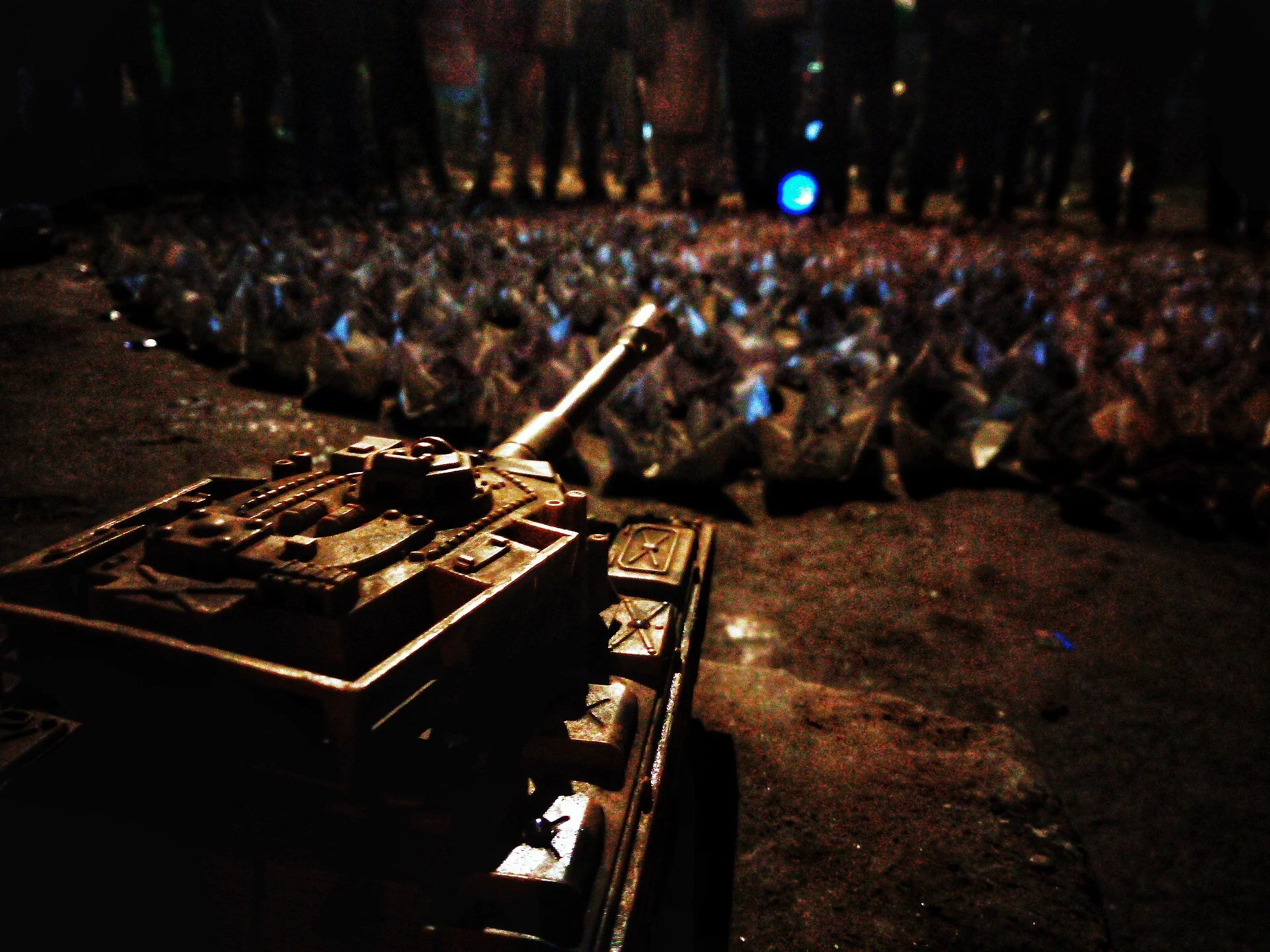Film-maker and poet Jonas Mekas has presciently noted, ‘In the very end, civilisations perish because they listen to their politicians and not to their poets.’ So come, let us listen to our poets. Poets are the quivering heart of a nation, its pulse, its very essence. Let us listen to the words of our very own major Goan poet, Armando Menezes.
By Selma Carvalho
Spoken Fest Mumbai is a literary event offering a platform to poets and other performers who use the power of spoken words to bring us their message. One such person who stood on that platform recently, was former public journalist Faye D’Souza. Although not a poet in the strictest sense of the word, her message (hashtag ‘Uncle, Are You With Us?’) was clear, poetic, and can be summed up by her poignant lines: ‘When history asks for accountability, this will be the answer: the grown-ups, people with jobs and incomes…and things to lose, sat down. The young stood up…to face the oppressor, the young stood guard for the constitution through that cold winter night.’
For reasons which are unclear, Faye was promptly dropped from the speakers’ list of Goa’s DD Kosambi Festival of Ideas. Let us recap briefly what DD Kosambi stood for. Born in 1907, Kosambi was a towering intellectual, a polymath whose notable contributions to our intellectual wealth span mathematics and history. More importantly, he lived at a time when freedom of speech did not exist for Goans. A Marxist by calling, he was profoundly critical of the morass underlying Goan society, in his essay, The Village Community in the Old Conquests of Goa (1947). If we aspire to honour the legacy of DD Kosambi, using his name to front a festival, then we must aspire to uphold the values he stood for. These values were one of freedom, debate, and quiet introspection of the world, whether the systems and orders in place were working for those most disenfranchised and marginalised. These values will hold true for all time, whether we live in lands colonised by others or whether we exist in democracies where majoritarian forces can wreak havoc on minority rights. If we are holding a ‘festival of ideas’ then we must remember, that in the history of mankind there is no greater idea to uphold than that of universal freedom.
As if the silencing of voices at an institutional level was not disturbing enough, early February saw the story of an Uber driver taking his passenger, poet Bappaditya Sarkar, to a police station. The driver allegedly heard Sarkar discussing some form of protest, and thought it his bounded duty to report him. The police instead of admonishing the uber driver proceeded to question Sarkar about his ideology, the sort of books he reads, and advised him not to wear his red scarf, an easily identifiable communist symbol. Worse was yet to come; Mumbai BJP president M. P. Lodha garlanded the Uber driver for his heroism in alerting the public to, presumably the subversion of the poet’s verse. Policing thought, burning books and arresting poets is the calling card of dictators. Dictatorships the world over employ secret police to spy on their citizens and they ask the help of neighbours to report on subversives. The poet is always a subversive.
There are uncles (as Faye calls them) who prefer to stay silent wanting others to shoulder the burden of upholding democracy. And there are still others who believe that as long as the government is delivering this so-called ‘development’, the tenets of democracy can be sacrificed. For those who think democracy and the freedoms that we enjoy today can be taken for granted, its bears reminding that the generation before us, paid for these freedoms with self-sacrifice and sometimes their lives.
Film-maker and poet Jonas Mekas has presciently noted, ‘In the very end, civilisations perish because they listen to their politicians and not to their poets.’ So come, let us listen to our poets. Poets are the quivering heart of a nation, its pulse, its very essence. Let us listen to the words of our very own major Goan poet, Armando Menezes.
Born in 1902, Menezes waged a vocal war against colonialism, both British and Portuguese, and later against the forces he saw as destroying the values of freedom in a liberated sub-continent. Keeping close company with nationalists, he voiced his dissidence eloquently through verse and prose. Honouring the Maharashtrian freedom fighter, Lokmanya Tilak, Menezes wrote: ‘A voice is found when many lips are still/ A heart is forged out of a people’s will.’
Who will be our voice today, when so many lips are being stilled and silenced the world over? When we’ve come to believe that this silencing is for the greater good. But silence has never yielded anything good. Silence only ever yields oppression and an erasure of all that is honest, righteous and questioning of the establishment. Why have our voices become silent when we are continually being taught that the minority, the underclass, the socialist, the progressive college student, the homosexual, the transgendered, the intellectual, the poet, the activist and the dissident, are our enemies? This is the hour of our need, to rise above this hate, to ‘forge out of a people’s will’ a newness of what it means to be a nation. This is the hour when we shape our nation’s destiny, not at the stroke of midnight as Nehru had envisioned it would be, but in the churning of the decades that followed and will follow, when we find our common humanity. With so many pillars of democracy compromised, our poets are all that we have left.
Selma Carvalho is the founding-editor at JRLJ.
